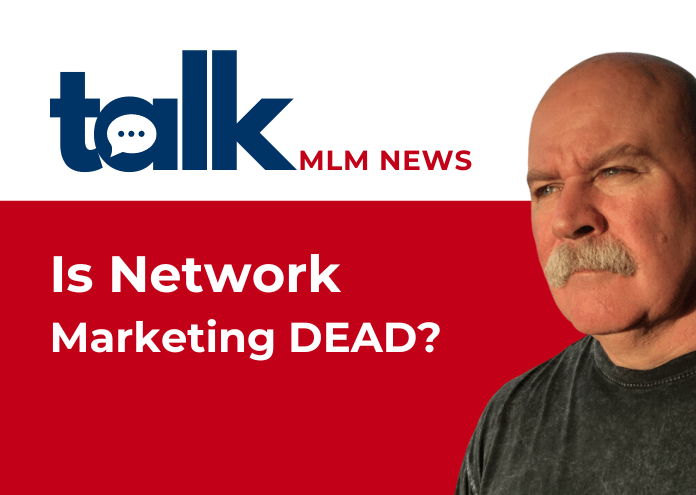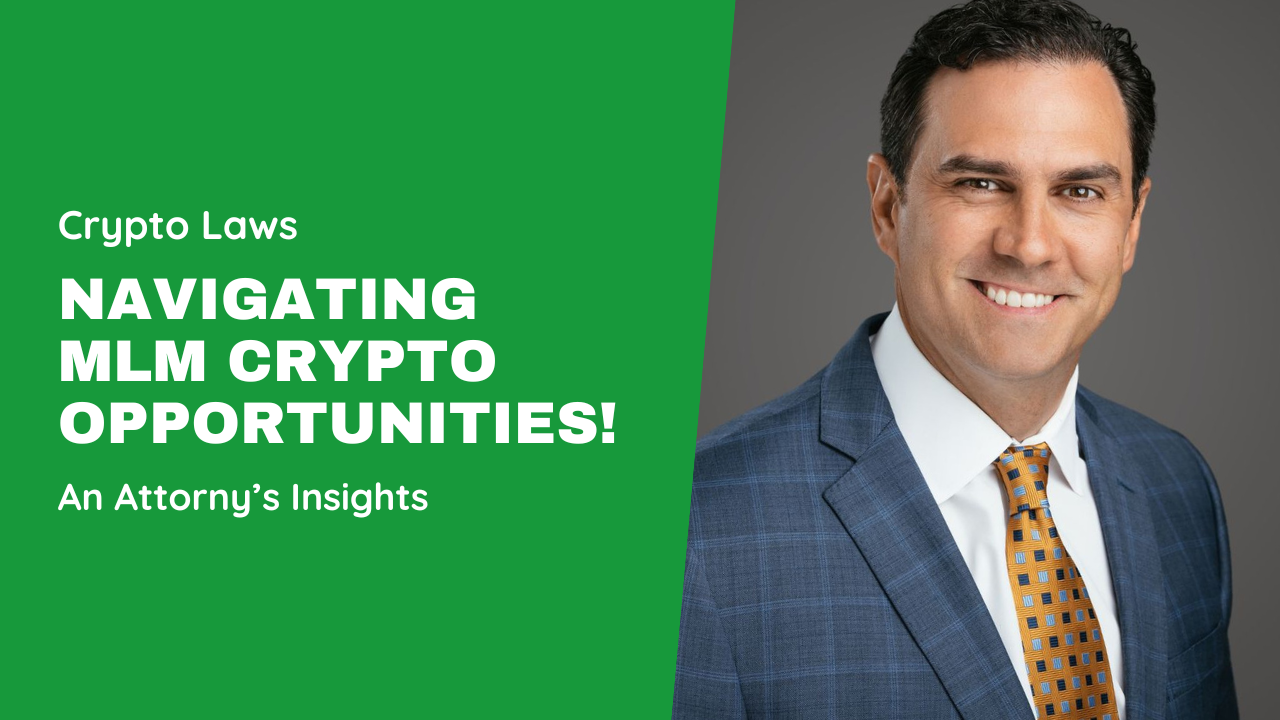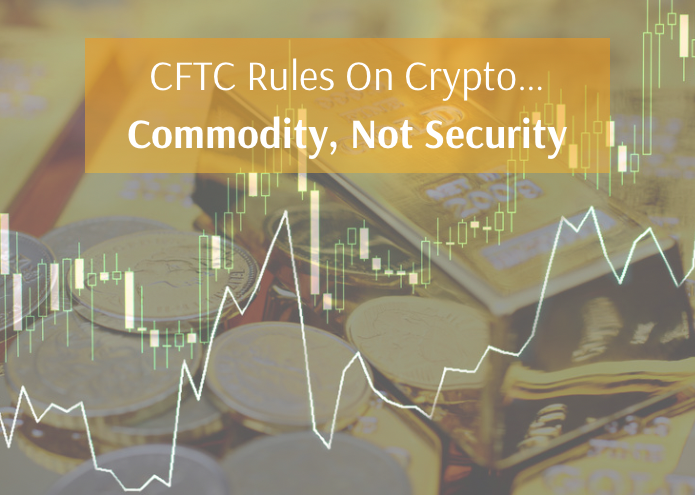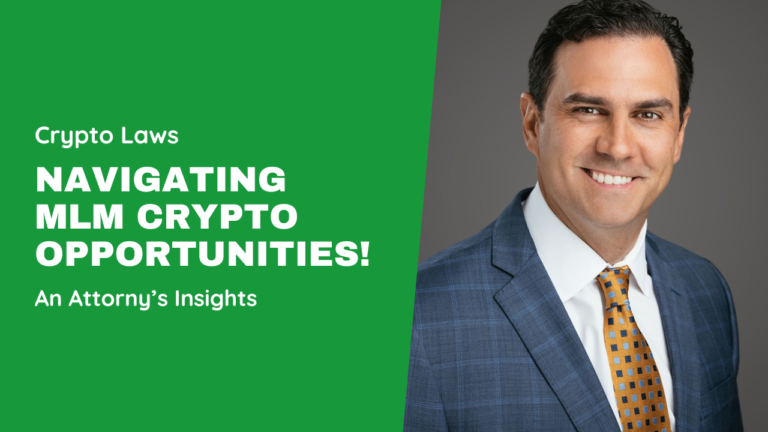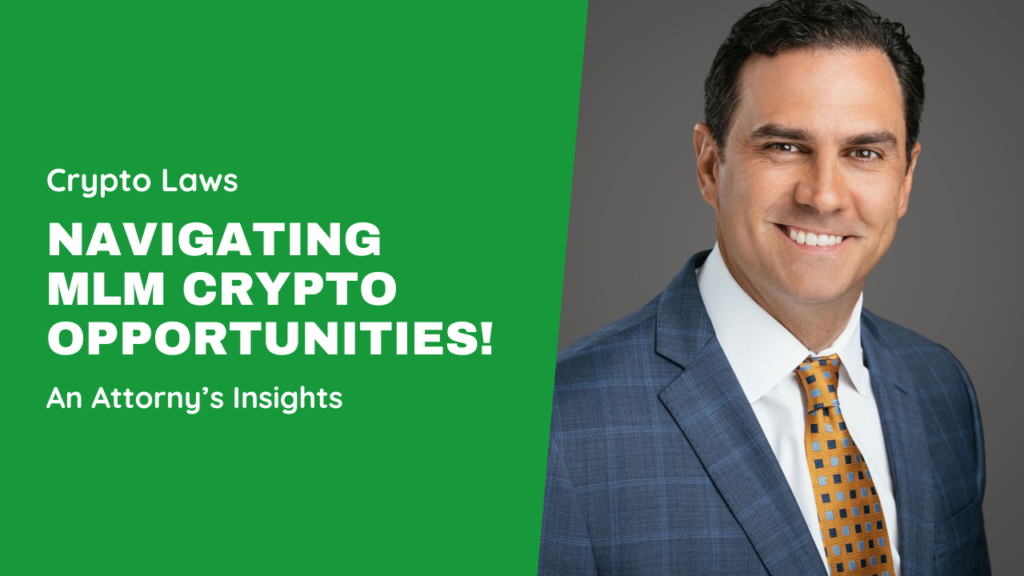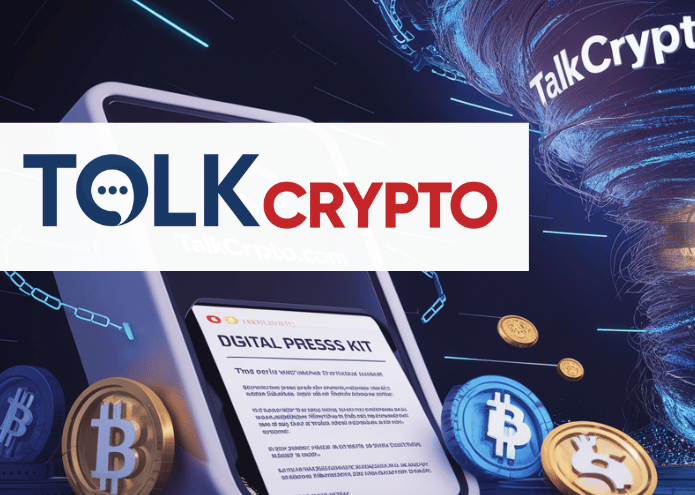This article first appeared on the Thompson Burton law firm’s website and was written by founding partner Kevin Thompson. I believe the content is as relevant today as it was when he wrote it.
It’s time to state the obvious: Crypto + MLM = Legally Impossible.
I’m not suggesting that “crypto” is bad. On the contrary, I think crypto provides exciting opportunities for all sorts of yet-to-be-discovered innovations. There are plenty of reasons for people to be distrustful and concerned with traditional finance. Crypto provides people with an interesting offramp away from traditional finance. Volatile and dangerous? Sure. But it’s possible; thus, there’s a place for it.
I’m not suggesting that MLM is bad. Clearly not, I’ve built my career around it. But it’s important to understand that when a company layers a multi-tier incentive structure around a thing (product, service, etc), it completely changes the character of the company. Instead of the company being in complete control over its message, they deputize an army of people to spread the word for them. This creates incredible leverage in the marketplace. And as we all know, leverage can be great. It can also lead to ruin.
When a company mixes something as speculative, volatile, confusing, and exciting as crypto with a multi-tiered compensation structure, all of sudden you end up with thousands of financial experts “talking their book” and promoting the next best coin (or series of coins). We should all be embarrassed by the number of crypto ponzi schemes that have been birthed inside our industry. The majority of founders that have attempted to launch crypto concepts in our industry have, at a minimum, received an SEC subpoena. There’s a good portion that has been sued by the SEC. And worst, a good chunk of them have ended up in prison (or dead/missing). The SEC has filed over 200 cases against crypto concepts, by the way (not all MLM). It’s worth noting that the SEC remains undefeated. The big one, their case against Ripple and XRP, is still pending.
Just when I think the mind virus is over, it continues. With the disaster of all markets going on today, this provides a convenient backdrop for scammers/founders to say, “Invest your money over HERE, with us, in our shiny new token where your opportunity for return is XYZ%.” And people continue to fall for it.
The late, great Jeffrey Babener put it best when he wrote MLM Cryptocurrency Scams. He said:
Although the ultimate future of cryptocurrency is not clear, the hype and rampant speculation has brought out the “get rich quick” con artists to promote a variety of Ponzi and pyramid schemes, many of which are spread via a MLM-type salesforce. Actually, to call the MLM cryptocurrency salespeople a sales force is a gross misbranding. As a general matter, those spreading the word are over-zealous investors who intentionally or unintentionally “suck” in their friends and contacts into a future collapsing pyramid.
Despite Jeff’s clear call-out, the fraud continues. And maybe that’s inevitable because greed and stupidity are in no short supply these days. But YOU are here and YOU might be interested in knowing the truth: Crypto + MLM = Legally Impossible.
We have written extensively on the subject. I highlighted the brewing problem as early as 2015 here and here. I re-shared Jeffrey’s article in 2018 here. We discussed the issues with the once-popular concept of “bitcoin cloud mining” here.
The conclusion remains: when you motivate people to earn commissions just by promoting any sort of ROI/investment opportunities, whether it be “commodities” or any other token, the wheels will fall off.
Regulatory Arbitrage
“But Kevin, it might be illegal in America. But it’s legal in Dubai. So your poor American friends are missing out.”
WRONG! In America, we have developed law that has evolved over hundreds of years. The SEC has been around since the 1930s and while they’re slow at times, they’re not stupid. I agree that the SEC has been less-than-helpful when it comes to regulating cryptocurrencies in general. I’m no fan of Gary Gensler. But remember, true crypto is all about decentralized networks. When a network marketing company claims to have special powers regarding a particular blockchain, it’s the opposite of decentralized…it’s CENTRALIZED. It’s this centralization that brings the tokens into the purview of the SEC or CFTC, rendering the thing un-workable in our industry.
Are there exceptions?
I’m unaware of any. I reserve the right to be wrong here. But I’ve been following crypto since 2013 and this industry for much longer. And I have yet to see a marriage between the two concepts that does not resemble an ugly Frankenstein. If there’s a hint of speculation regarding the future value of the token, there’s no way to legally thread that needle absent clear guidance and/or legislation from Congress. In the meantime, steer clear.
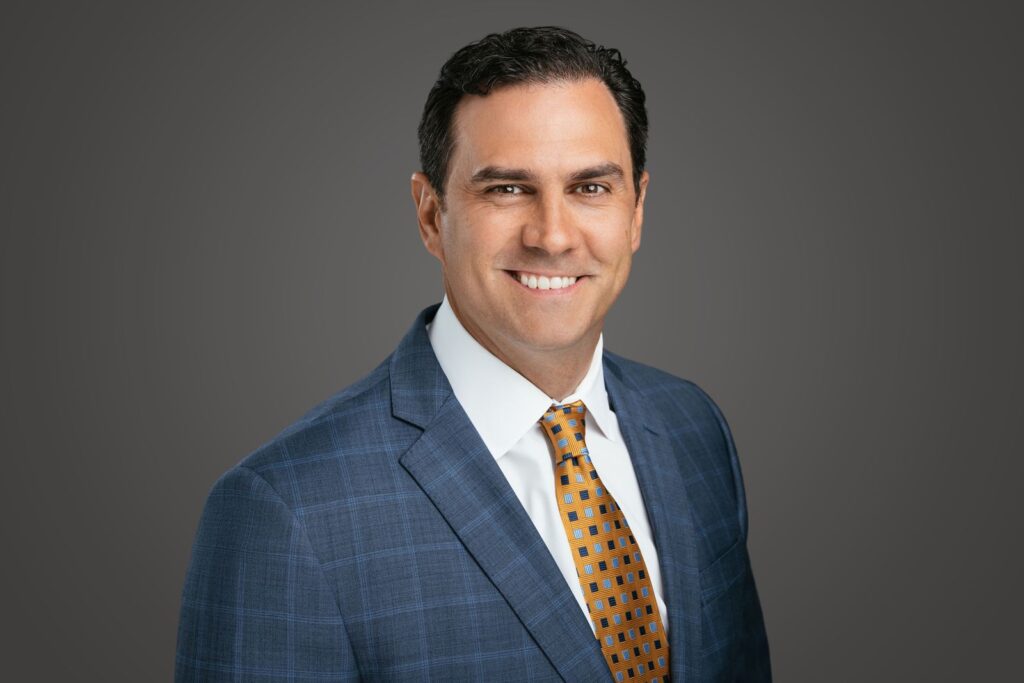
About Kevin Thompson:
Kevin Thompson is an MLM attorney, proud husband, father of four, and a Thompson Burton PLLC founding member. Named “Supplier of the Year” in 2014 by the Association of Multilevel Marketing, Kevin Thompson has extensive experience in helping entrepreneurs launch their businesses on a secure legal footing. Thompson serves a broad spectrum in the industry, spanning from early-stage startups to Wall Street hedge fund analysts. As seen recently on Bloomberg TV with Steve Forbes, Thompson is a thought leader in the network marketing industry.
In a prior life, Kevin was an accomplished track athlete at the University of Tennessee, garnering all-American honors in the decathlon. Kevin developed his passion for direct sales as an Amway distributor, selling energy drinks and doing anything possible to earn extra cash while in school. With his competitive nature, Thompson was drawn to the world of working with young network marketing companies trying to make a difference by selling superior products and services through networks of people. As a DSA supplier member, Kevin Thompson is actively involved in helping steer the industry into a promising future. He has served as a keynote speaker for clients all across the world.
While Thompson appreciates working with great companies selling incredible products, he’s pragmatic enough to realize that the industry needs improvement. Thompson has led several efforts to improve the network marketing industry from the inside out. These measures include the passing of state legislation regarding anti-pyramid rules, publicly denouncing inventory loading practices, conferring with multiple trade association boards to steer policy, and educating the community on best practices.
